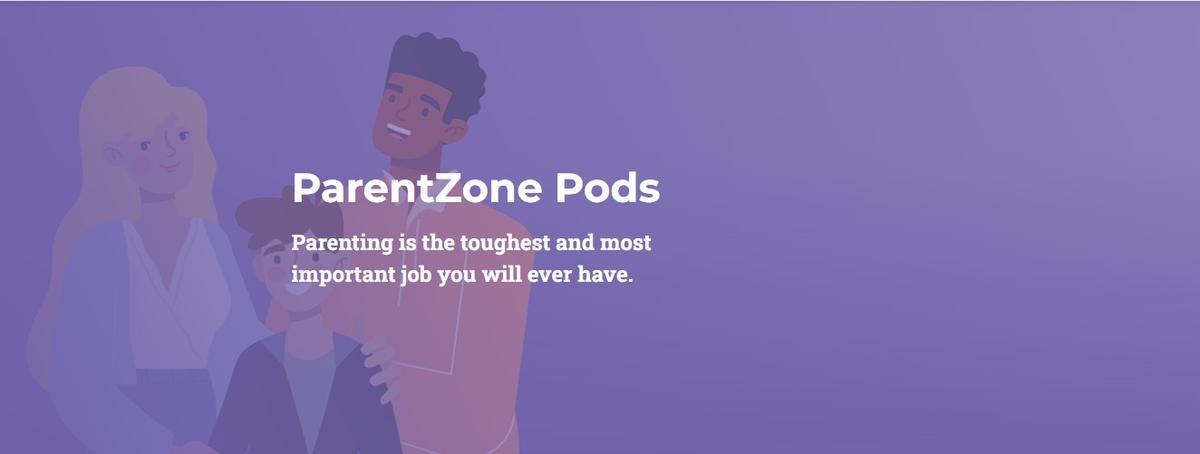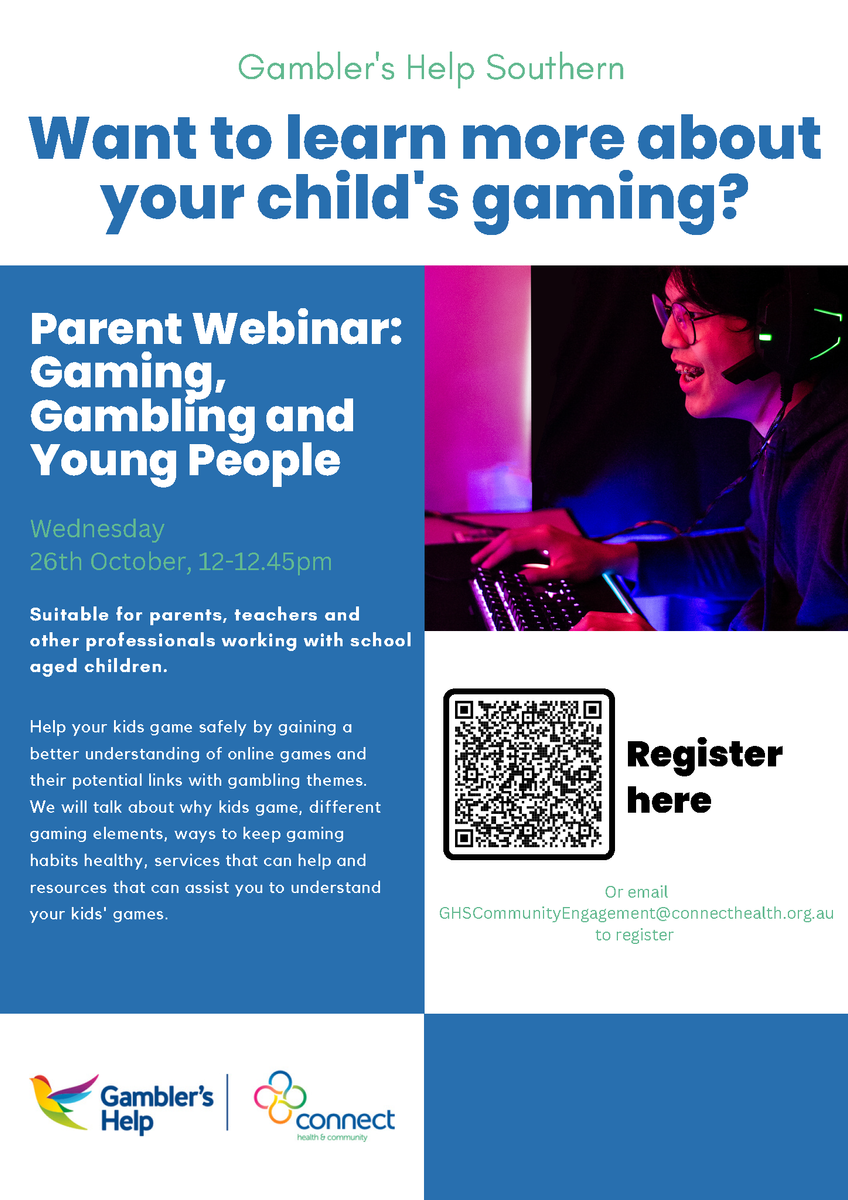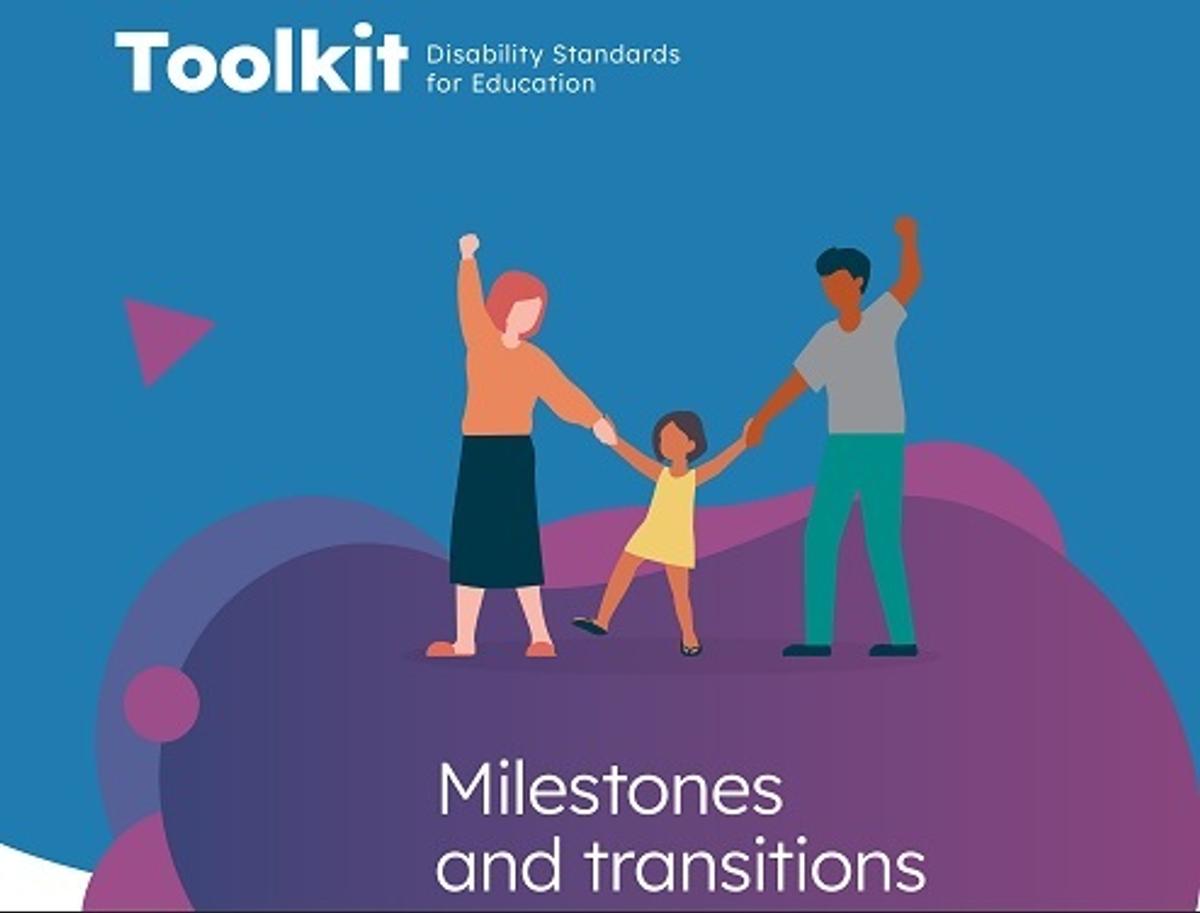Community Resources and Events

ParentZone Parenting Podcasts:
Anglicare Victoria is excited to announce six new podcasts to their suite of parenting resources!
The ParentZone Pods identify common issues that parents bring to our parenting groups and explores these in detail. They discuss the issues and concerns parents bring, and offer strategies parents can try in these situations. The podcasts recognise that parenting is the toughest and most important job there is!
The podcasts can be accessed on Spotify, iTunes or via the Anglicare Victoria website through the links below:
- Listen through Spotify here.
- Listen through iTunes here.
- Listen through the Anglicare Victoria website here.
- Listen to previous podcasts here.
Topics include:
- Dads Parenting Today
- Couples Parenting Together
- Meltdowns vs Tantrums
- Parenting our Teenagers
- School Refusal
- Positive Discipline in our Families
School Refusal: Children and Teenagers:
What is school refusal?
- School refusal is when children get extremely upset at the idea of going to school, and often miss some or all of the school day. This distress doesn’t go away.
- School refusal can mean that children have trouble going to school or trouble leaving home – they might not go to school at all. Children who refuse to go to school usually spend the day at home with their parents’ knowledge, even though their parents try really hard to get them to go.
- School refusal can be an issue for children in primary and secondary school.
- School refusal is not a formal psychiatric diagnosis. It’s a name for an emotional and/or behaviour problem.
Signs of school refusal:
If your child refuses to go to school, you might feel that school nights and mornings are a ‘battle of wills’. Your child might:
- cry, throw tantrums, yell or scream
- hide or lock themselves in their room
- refuse to move
- beg or plead not to go
Causes of school refusal:
There’s rarely a single cause of school refusal. It might be linked to anxiety or worries about leaving home, a phobia, learning difficulties, social problems at school, or depression.
School refusal might start gradually or happen suddenly. It can happen at the same time as or after:
- stressful events at home or school or with peers
- family and peer conflict
- starting or changing schools
Working with schools on school refusal:
The best way to get your child back to school is by working as a team with your child’s school. It’s a good idea to start by talking with your child’s classroom teacher, home-room teacher or year coordinator.
Here are some things you could cover:
- Explain what’s going on for your child and why your child is refusing to go to school – for example, bullying, learning difficulties, mental health problems and so on.
- If your child is experiencing bullying, talk about how this is affecting your child. You could ask the school about their strategies to manage and prevent bullying.
- Ask whether other support staff, like the student welfare coordinator, school psychologist or counsellor, can help your child. Ask whether you can have regular updates on your child’s progress and support needs.
Read more about understanding school refusal and how to work with your school here.
Parents Webinar: Gaming and Gambling
Gamblers Help is running a Webinar for parents and carers on Wednesday 26th October about how to help your kids game safely. Topics such as why kids game, different gaming elements, ways to keep gaming habits healthy and more will be covered.
Parents/carers can register by scanning the QR code below or sending an email to GHSCommunityEngagement@connecthealth.org.au
New toolkit to help parents with the Disability Standards for Education:
The Australian Government Department of Education (Department) has worked with Children and Young People with Disability Australia (CYDA) to co-design a new range of resources to help young people with disability and their parents and caregivers to understand their rights under the Disability Standards for Education 2005 (Standards).
The resources provide easy-to-use information about the Standards and offer practical advice on how to navigate the education system.
There are four new resources:
- Explaining the Disability Standards for Education – this resource outlines what the Standards are and what they are designed to do.
- Milestones and Transitions – this resource is to help students and their parents and caregivers make their way through their education journey.
- Advocating with and for your child: Primary School – this resource is for parents and caregivers of primary school students.
- Disability Standards for Education in Practice: Action Plan – this resource is for students who are in high school or tertiary education.
Access the resources here: Toolkit



